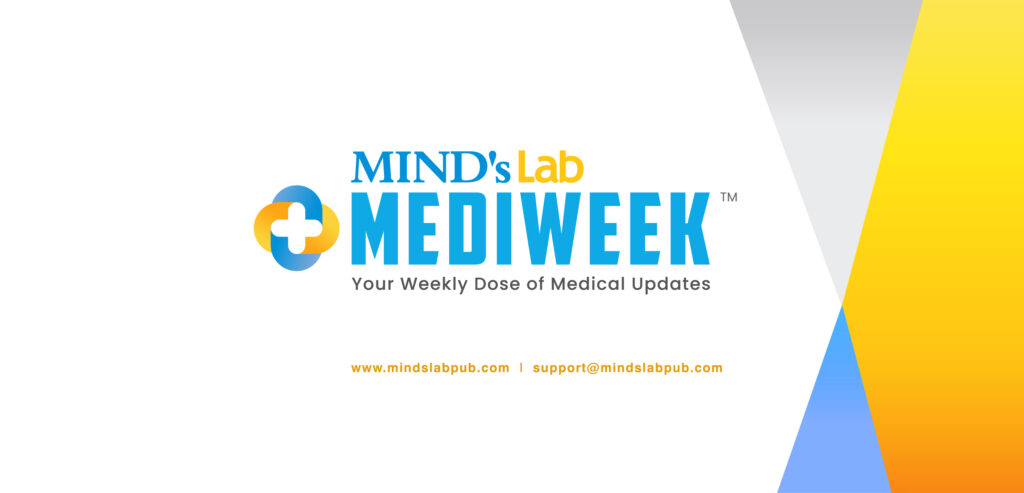Blended Risks: Food Additive Mixtures Linked with Higher Incidence of Type 2 Diabetes
Ultra-processed foods (UPFs) account for 15–60% of the daily energy intake in Western diets and are increasingly linked to metabolic disorders and other health concerns. Apart from the poor nutritional quality of these UPF, the use of food additives (added to improve the color, texture, taste, or palatability as well as to prolong the shelf […]
Blended Risks: Food Additive Mixtures Linked with Higher Incidence of Type 2 Diabetes Read More »
